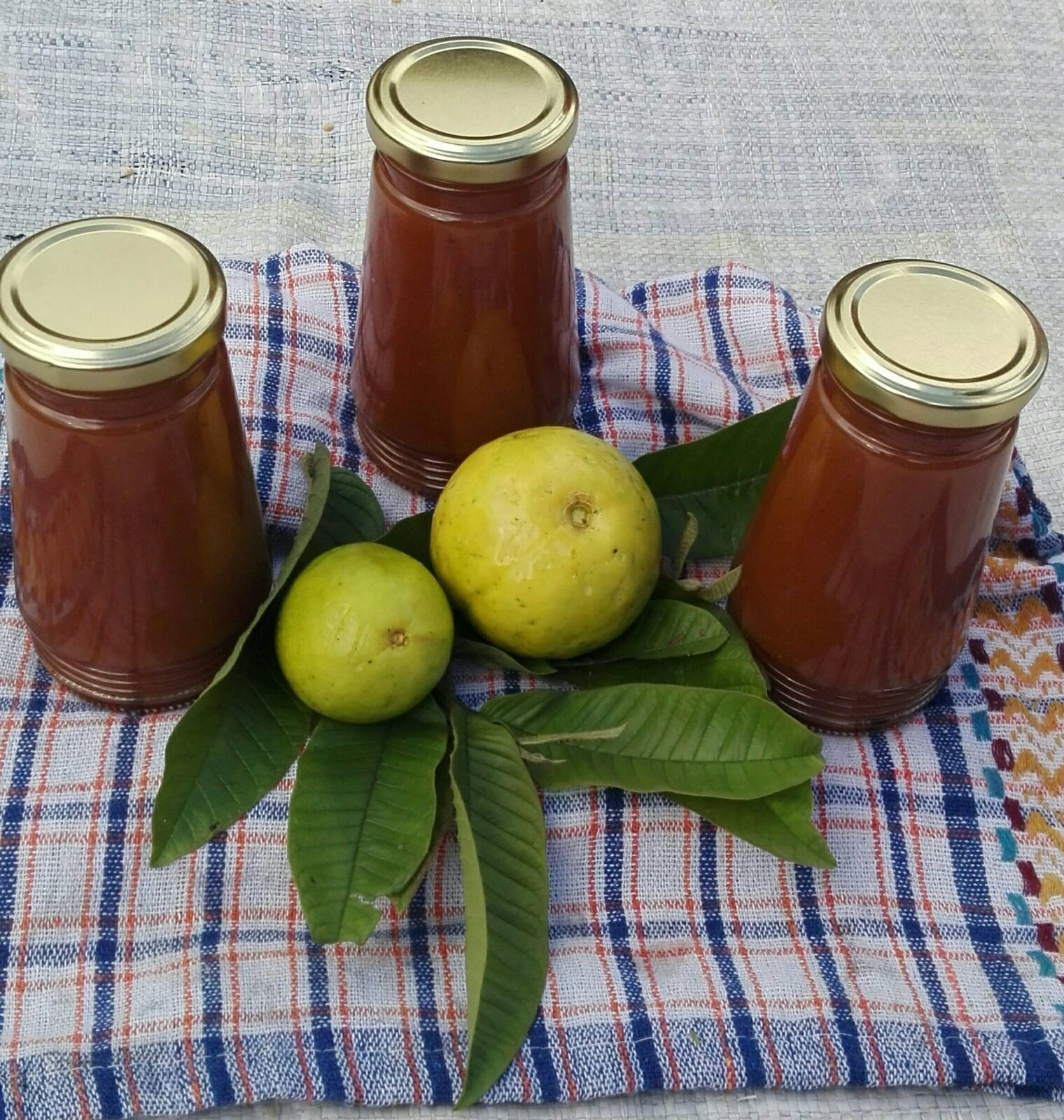
ACDI/VOCA implements the USAID-funded Jamaica Rural Economy and Ecosystems Adapting to Climate Change (Ja REEACH II) project. Ja REEACH II increases investment in climate-smart agriculture and encourages the adoption of best practices in natural resource management. As part of these initiatives, Ja REEACH, has worked with several communities to establish agroforestry systems that conserve the ecosystem and natural resources while diversifying income streams to build livelihood resilience. In the project’s first phase, it established 21 agroforestry demonstration plots in watershed communities.
Ja REEACH has successfully introduced the following agroforestry innovations:
- Agroforestry farm planning
- Rotational-sequential intercropping of vegetables and short-term food crops (tomatoes, cabbage, onions, red beans, ginger, pumpkins, cucumber) in fruit tree orchards (mango, ackee, pimento, coconut, coffee, cocoa, etc.)
- Fruit-based home gardens: improving yield quality and introducing new valuable fruit tree and food crop species
- Apiculture
- Shaded coffee and shaded cocoa
- Windbreaks and other line plantings with fruit and/or timber trees in farm boundaries
- Fodder banks as substitute for purchased feedstuff for small domestic animals
- Spot planting with timber and fruit trees to increase tree cover and farm value
- Vegetation in gullies
Sustainable Best Practices Improve Climate Change Resilience
The people of Ballard’s River in south-central Jamaica’s Clarendon parish use agroforestry to build climate-change resilience. Most of the land that the community uses for farming is close to a river. Heavy rains often lead to flooding, which affects residential areas and impacts crop production. With Ja REEACH assistance, the farmers created a riparian buffer strip to stabilize the river bank to prevent overflowing and reduce the likelihood of flooding. The community established the initial riparian strip along one side of the river bank. Recognizing the effectiveness of the innovation, the farming group has engaged the Forestry Department to provide additional timber seedlings to expand the riparian strip, a hallmark of sustainable best practices as the community continues such efforts even after the project’s farmer field schools concluded.
Fruit Agroforestry Training in James Hill Brings Agroprocessing Opportunities
Agroforestry innovations not only improve the physical environment but also provide future income. The James Hill Farming group in Clarendon, trained by Ja REEACH in agroforestry best practices, are now reaping the fruits of their labor. The agroforestry farmer field school provided them with guava seedlings that have grown into mature fruit trees. The successful agroforesters are becoming agro processors and are being trained by a Home Economics Specialist from the Rural Agricultural Development Authority (RADA) to produce jams, jellies, and purees from guava. They have already produced several batches. They are also looking to procure an industrial juice processor and sealer to process the guava fruits into natural juice to supply the schools and shops within the community.
Golden Valley Apiculture Group in Eastern Jamaica Taste Sweet Success
The St. Thomas-based group is one of the most successful agroforestry groups to date. Ja REEACH provided the Golden Valley farming group with a starter unit of 13 hives and tree seedlings. The full-fledged bee farmers now boast a colony of well over 60 apiary boxes. The tree seedlings, most which have reached maturity, facilitate pollination and provide a ready food source for the bees. This mode of agroforestry balances livelihood protection and environmental preservation as the trees aid in mitigating against climate change. The productive group has managed to establish a brand identity for their products, through the creation of labels and packaging to market the honey and other value-added products. They remain steadfast in improving their operations, which benefit more than 100 households in the community. Through funds raised by an online platform, the Golden Valley apiculture group hopes to construct a post-harvesting facility to further boost their beekeeping.








